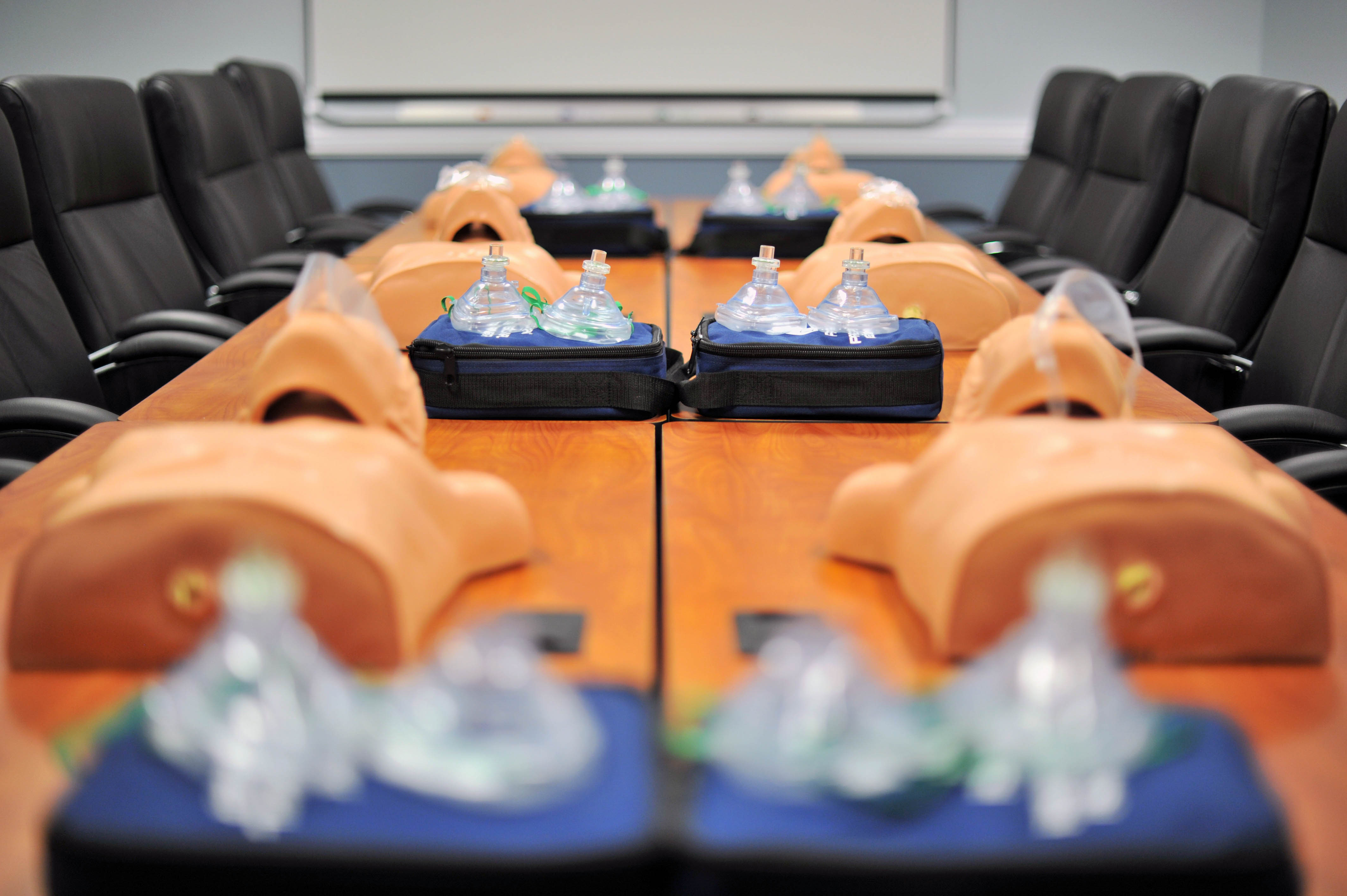From time to time, everyday people find themselves thrust into situations where they have to render emergency aid, regardless of their skill level or competency. By no means should students be passive bystanders, but rather they should educate themselves in basic first aid and take action when appropriate.
When lives are on the line in an emergency situation, the worst thing someone could do is nothing at all. Even without knowing exactly what to do, recognizing that something is wrong prompts bystanders to call 911 or someone who is qualified to render aid. Doing something, even as simple as calling 911 at the right time, can mean the difference between life and death.
The thought that weighs heavily on many people’s minds and probably deters people from intervening is that of legal ramifications that an individual may face as a result of making a mistake while rendering aid.
According to Georgia’s Good Samaritan law, anyone “who in good faith renders emergency care at the scene of an accident or emergency to the victims thereof without making any charge therefor shall not be liable for any civil damages as a result of any act or omission by such person in rendering emergency care or as a result of any act or failure to act to provide or arrange for further medical treatment or care for the injured person.”
This law protects people acting within a reasonable scope of their training and education. The law continues on to clarify that “emergency care” includes the rescue or attempted rescue of people in danger or incapacitated in a locked vehicle.
The decision to act or intervene should not be based on legality, but rather ethics and morality. The question should not be “What can I do?” but rather “What should I do?” The golden rule, as juvenile as it may seem, absolutely applies here — “Do unto others as you would have them do unto you.” If you hope and expect that someone renders aid in your time of need, it is only fitting that you be willing to do the same for them.
Like any endeavor we undertake in life, education is tantamount. Students can expand their knowledge by reading articles on first aid and emergency response from reputable sources such as the Journal of Emergency Medical Sciences. Additionally, Bleeding Control and CPR/AED are both free courses — among many others available to students, staff and faculty — offered through KSU’s Office of Emergency Management. These courses teach participants how to respond to medical crises and what actions to take before emergency personnel arrives. By understanding the basics of first aid and personal skill sets, students can prepare themselves for an emergency.



